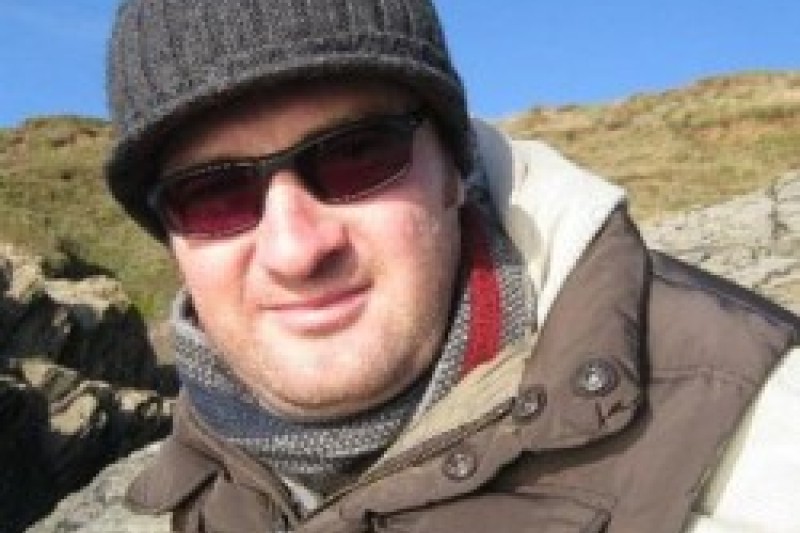Rick Stafford is a Professor of marine biology here at BU, focusing on protecting the marine environment. Since 2020 he’s been the Chair of the British Ecological Society’s (BES) Policy Committee, taking a proactive approach to influencing policy.
“I got involved with the BES Policy Committee because I wanted my work to make a difference. My work is often driven by current climate issues – for example greenwashing, plastics and blue carbon - and ecology’s role in the overarching climate questions. There’s a lot of rhetoric in the political world about climate change solutions, so I wanted to cut through that and promote policy based on science. With the help of the Policy & Public Affairs Team at BU, and the equivalent team at the BES, we take a proactive approach – not just responding to consultations but looking for opportunities to reach out and start conversations. In fact, it was Sarah in BU’s Policy & Public Affairs Team who told me about the chair role in the first place!
One thing leads to another
“I co-edited a BES report on Nature-Based Solutions to Climate Change (pdf 5.2mb) published last year, authoring the chapter on blue carbon. We timed this to meet interest from policymakers in how nature itself has the potential to fight climate change. After this I was interviewed for the POST Note on blue carbon (pdf 385kb). POST is the Parliamentary Office of Science & Technology, which is the body within Parliament responsible for making scientific research available to Parliamentarians. It’s the go-to place for MPs and peers when they want ‘the science’ behind policy ideas so it’s important that the information is correct.
Baroness Brown of Cambridge DBE
Chair of the House of Lords Science & Technology Committee
It’s vital that we, as policymakers, hear from academics and researchers. Learning from people like Professor Stafford plays a helpful role in making sure that our policy recommendations to Government are sound, and based in credible, up-to-date evidence.
Then, earlier this year, I was delighted to be involved at an early stage of the House of Lords Science & Technology Committee’s inquiry into nature-based solutions. Before the inquiry began I was invited, along with two other academics, to meet the Committee and discuss the inquiry and what it might cover. I was then asked to give formal oral evidence, which was via Zoom (so I could wear a shirt and shorts!). When the report was published it was great to see they’d used the definition of blue carbon that I’d suggested - and taken a lot on board in making their recommendations to Government.”
Rick’s top three reasons to get involved with policymaking
- Policy-makers need you. Government should be listening to academics and the evidence bases when they’re developing policy. Civil servants are usually busy and departments under-resourced, so there’s a real opportunity to contribute your work.
- It can actually be fun! – many people find giving evidence to a Select Committee to be nerve-wracking but I found it quite enjoyable and a welcome break from the norm.
- Finally, you can make a difference. The majority of academic work has relevance to policy, from mental health to economics. Political audiences are often very receptive to what you’ve got to say – just make sure they know you’re there.
